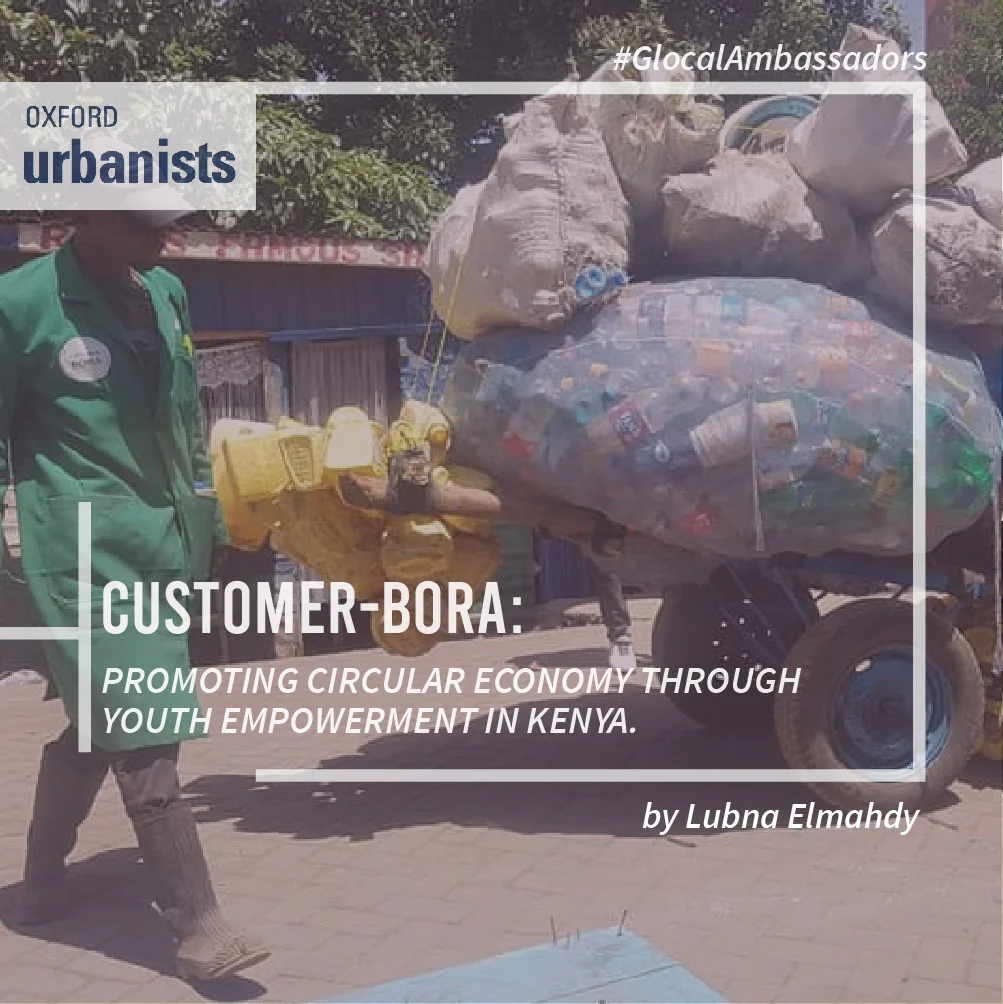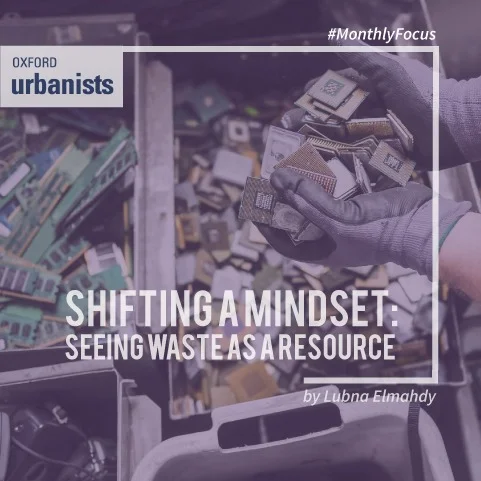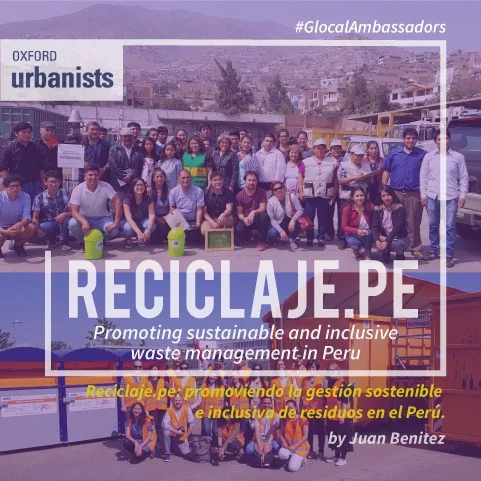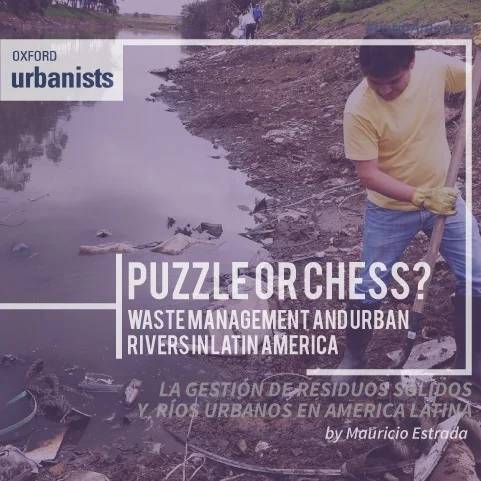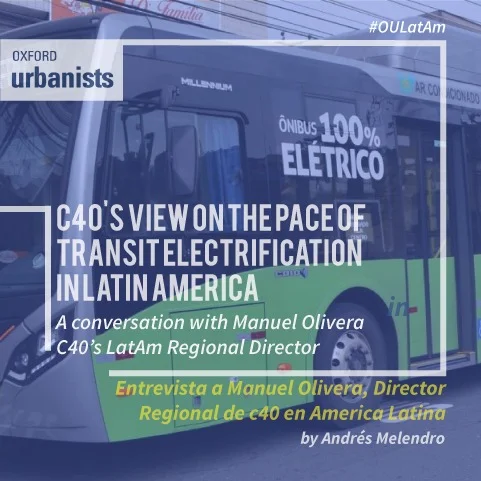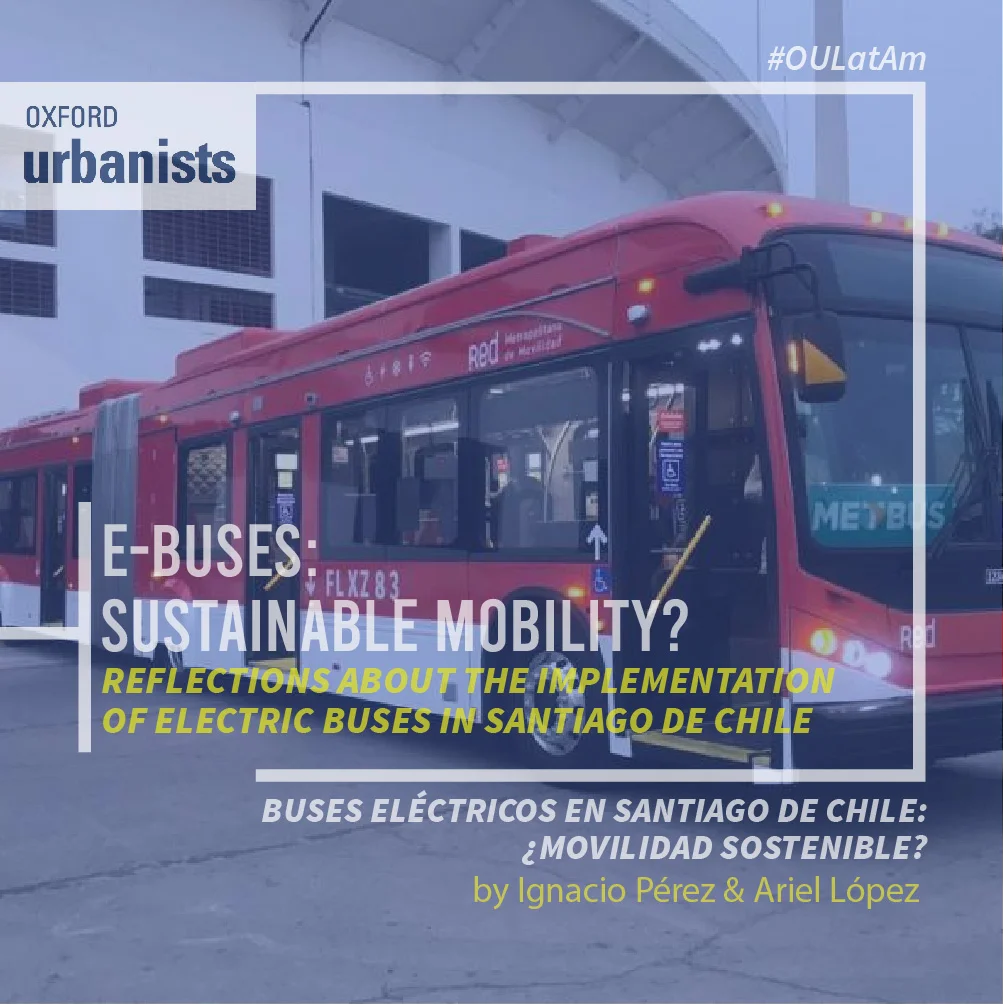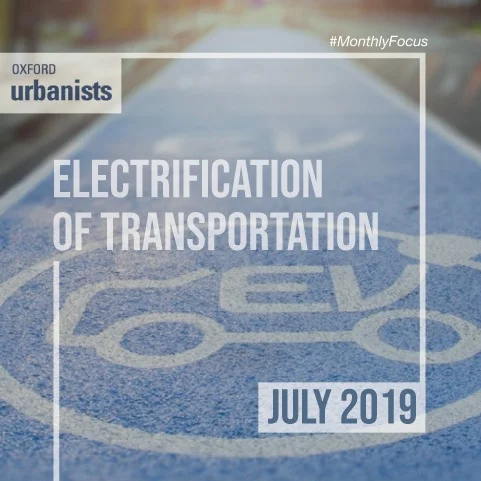Oxford Urbanists Africa had the opportunity to interview Kenyan musician and changemaker, Juliani, founder of Customer Bora, an innovative initiative that works to rid the environment of the burden of single-use plastics and waste by creating a circular economy framework.
Read MoreSub-Saharan Africa is home to some of the most innovative waste management projects in the world. From transforming wastewater to drinking water; to making roads out of plastic and having plastic as currency, Africa has it all when it comes to seeing waste as an indispensable asset. Although many risks ought to be addressed in managing waste, several African countries have ignited the spark to change the narrative of waste from redundant to resource.
Read MoreDessire Velez is the co-founder of Reciclaje.pe, a Peruvian initiative focused on promoting sustainable and inclusive practices of waste management working simultaneously from Germany and Perú. We met her to learn about her initiative and what has brought her to this moment. #GlocalAmbassadors
Read MoreAs cities continue to grow and expand across LatAm, it is evident that urban solid waste management efforts fall short. How can Latin American cities decouple their economic growth from the increase of their solid waste generation rates to ramp up their sustainable development efforts? Building up on the region’s advantages and changing the perspective on the way these cities economies work is a clear way of redefining the region’s growth
Read MoreLatin American rivers are some of the most polluted in the world. High levels of urbanization are both the cause and recipients of the consequences of the lack of urban waste management.
Read MoreMr. Manuel Olivera, current C40’s Regional Director for Latin America sat down with Andrés Melendro Blanco, Latin America Coordinator for the Oxford Urbanists, to discuss C40’s approach and his views on the process towards electrification of transport systems in Latin America. Among others, he emphasizes that if there is not enough demand from cities, the supply of electric articulated buses will remain scarce, therefore the need for cities to take the leadership and move forward.
Read MoreA critical perspective on the introduction of electric buses in Santiago de Chile’s public transport network. A reflection on the need for connecting these policies with long-term sustainability strategies and intersectoral governance arrangements in order to endure on effective sustainable policies. Embedding these efforts in the current power devolution is an opportunity to shape new institutional arrangements which could unlock the effectiveness of electric buses in full.
Read MoreUrbanites seem to have found in Micromobility what could be one of the biggest solutions of the century for urban mobility. With an industry breaking sales and growth records, the adoption of micromobility solutions seems to not have a ceiling. While significant advances have occurred in the industry, micromobility is still not an option for the urban poor around the world. It will take active governance and responsive regulation to persuade private companies to align with the UN’s mandate in SDG 11
Read MoreThis July, Oxford Urbanists’ monthly discussion looks at the case for transportation electrification in cities. From the governance framework to the regional and micromobility scales, this conversation highlights the challenges in bypassing the fossil-fuelled, car-centred model as the unanimous alternative.
Read More
